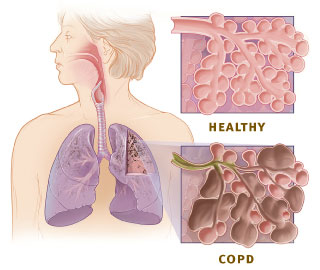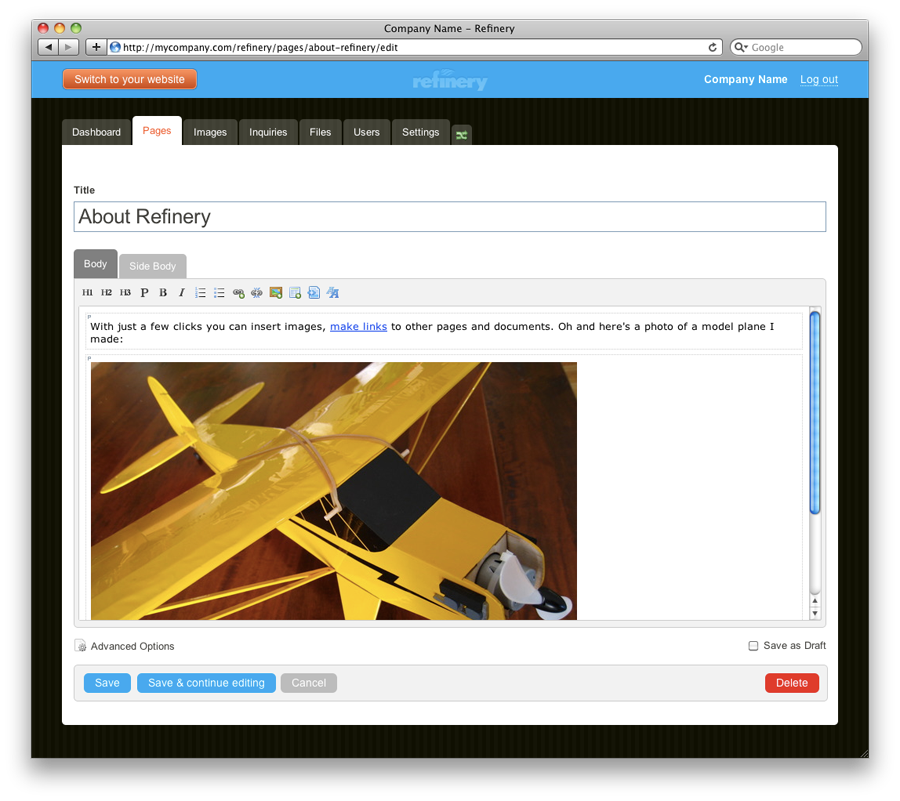Night Cleaning Jobs: A Comprehensive Guide
Overview of Night Cleaning Jobs
Night cleaning encompasses a variety of roles, ranging from janitorial work in office buildings to specialized cleaning in healthcare facilities and industrial settings. These positions require attention to detail, physical stamina, and the ability to work independently. The nature of the job means that cleaners often enjoy quieter work environments and can sometimes avoid the typical daytime rush, making it an attractive option for those who prefer non-traditional work hours.
Types of Night Cleaning Jobs and Duties
The field of night cleaning includes several specialized roles. For instance, janitors and building cleaners typically handle routine tasks such as sweeping, mopping, and trash disposal, while more specialized positions might involve operating industrial cleaning equipment or using eco-friendly cleaning agents in sensitive environments like hospitals. This diversity of roles means that prospective workers can choose positions that best match their skills and career aspirations.
In many facilities, night cleaning teams work as part of a broader maintenance crew. They are responsible for ensuring that areas such as hallways, restrooms, and communal spaces are sanitized and ready for daytime use. Additionally, some night cleaning jobs may include tasks like window washing, floor waxing, and waste management.
Earnings and Hourly Wages
When it comes to earnings, night cleaning jobs offer competitive hourly wages that can vary depending on the region, type of employer, and level of experience. On average, workers in this field earn between $13 and $17 per hour1. In some metropolitan areas or specialized sectors, wages can be even higher due to the increased demand for skilled cleaning professionals and the premium attached to night shifts.
These figures are supported by data from reputable sources such as the U.S. Bureau of Labor Statistics and industry-specific wage surveys. The variability in pay also reflects the difference between entry-level positions and those requiring specialized training or certifications.
Benefits and Considerations
Night cleaning jobs offer several benefits beyond hourly wages. Many workers appreciate the flexibility of night shifts, which can allow for daytime commitments such as schooling or another job. In addition, many employers offer benefits packages that include health insurance, retirement plans, and opportunities for career advancement. For some individuals, the quieter environment of night work reduces stress and provides a more focused working atmosphere.
However, it is important to consider the potential drawbacks. Working at night can disrupt normal sleep patterns and may affect social life and family time. Prospective employees should weigh these factors and consider both the financial rewards and the lifestyle implications when choosing a night cleaning job.
Processes, Costs, and Real-World Examples
The process of securing a night cleaning job generally involves applying through company websites or job boards and may include background checks, training sessions, and on-the-job evaluations. Some employers also offer apprenticeships or training programs to help new employees develop the skills necessary to excel in their roles.
In real-world scenarios, companies such as hospitals, universities, and large office complexes employ dedicated night cleaning teams to ensure that facilities remain operational and safe. For example, a major university might schedule night cleaning for its dormitories and lecture halls to accommodate a busy daytime schedule, ultimately creating a seamless transition between academic sessions and nightly maintenance routines2.
Furthermore, industry reports highlight that well-organized cleaning teams can significantly reduce the long-term maintenance costs of facilities by preventing wear and tear. This proactive approach to facility management not only extends the lifespan of buildings but also enhances overall occupant satisfaction3.
Future Outlook for Night Cleaning Jobs
The future of night cleaning jobs appears robust, as demand for hygienic environments continues to grow in response to public health concerns and increased regulatory standards. Technological advancements, such as automated cleaning equipment and eco-friendly cleaning solutions, are likely to further shape the industry. These innovations can lead to improved efficiency and may even create new roles within the field.
As companies and public institutions place greater emphasis on cleanliness and maintenance, there is a promising outlook for job stability and career progression in night cleaning. Workers in this field can expect ongoing training opportunities and potentially higher wages as their roles become more integral to operational success1.
In summary, night cleaning jobs offer a compelling combination of competitive pay, flexible scheduling, and the opportunity to contribute to the maintenance of essential services. By understanding the various aspects of these roles—from wage structures to long-term benefits—prospective employees and employers alike can better appreciate the value of these indispensable positions.







